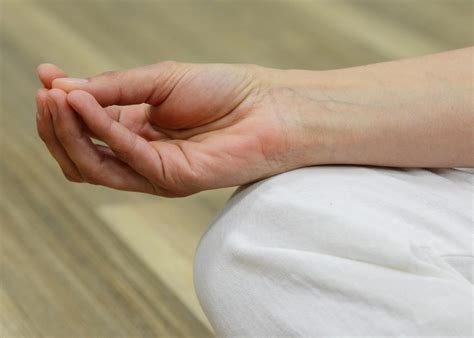Hello everyone, in this post we'll explore yogic practices and learn more about them.
Yogic practices are deeply rooted in ancient Indian and Buddhist traditions, they offer a holistic approach to physical, mental and spiritual well being. They encompass a wide range of techniques including but not limited to physical postures called asanas, breathing exercises called pranayama, meditations of various type called dhyana and finally the ethical guidelines called yama and niyama. Root aim of these techniques is to harmonize the body, mind and spirit, leading to overall benefits in health.
Below we explore these techniques in brief:
Physical Postures (Asanas)
Asnas are physical postures designed to improve flexibility, strength and balance. Each asna improves circulation and induces detox in specific muscles and organs. Popular asanas include Downward Dog Pose, Warrior and Tree pose. Regularly practicing asanas reduces stress alleviates pain and improves posture.
Breathing Exercises (Pranayama)
Pranayama involves deep breathing exercises that regulate the flow of prana/life force which is perhaps understood as good circulation of energy in the body. These exercises reduce anxiety and increase energy levels. Techniques such as Nadi Shodhana, Kapalbharti and Brahmari are commonly practiced. Pranayama is often intergrated with specific asanas for improved benefits.
Meditation ( Dhyana)
Meditation is one of the core component of yogic practices, it focuses on cultivating mindfulness and inner awareness. It is through meditation that practices learn to calm and quiet their wandering minds. Techniques vary from guided meditation and mantra chanting to silent sitting and mindfulness practices. Doing it regularly improves our connection to ourselves and the surroundings.
Ethical Guidelines (Yamas and Niyamas)
Yama and Niyama are ethical principles that guide behavior and lifestyle choices. Yama or restraints include non violence, truthfulness and non stealing. Niyamas or observances include cleanliness, contentment and self discipline. Adhering to these principles fosters a balanced life and social growth both inward and outward.
Conclusion
Thus, we see that incorporating these practices in our daily lives not only improves our over all wellbeing it also helps us in developing a better approach to our mental wellbeing creating a holistic healing experience that is both profound and transformative to our body, mind and spirit.



Note: All images used are open source and have free to use license.
Good day